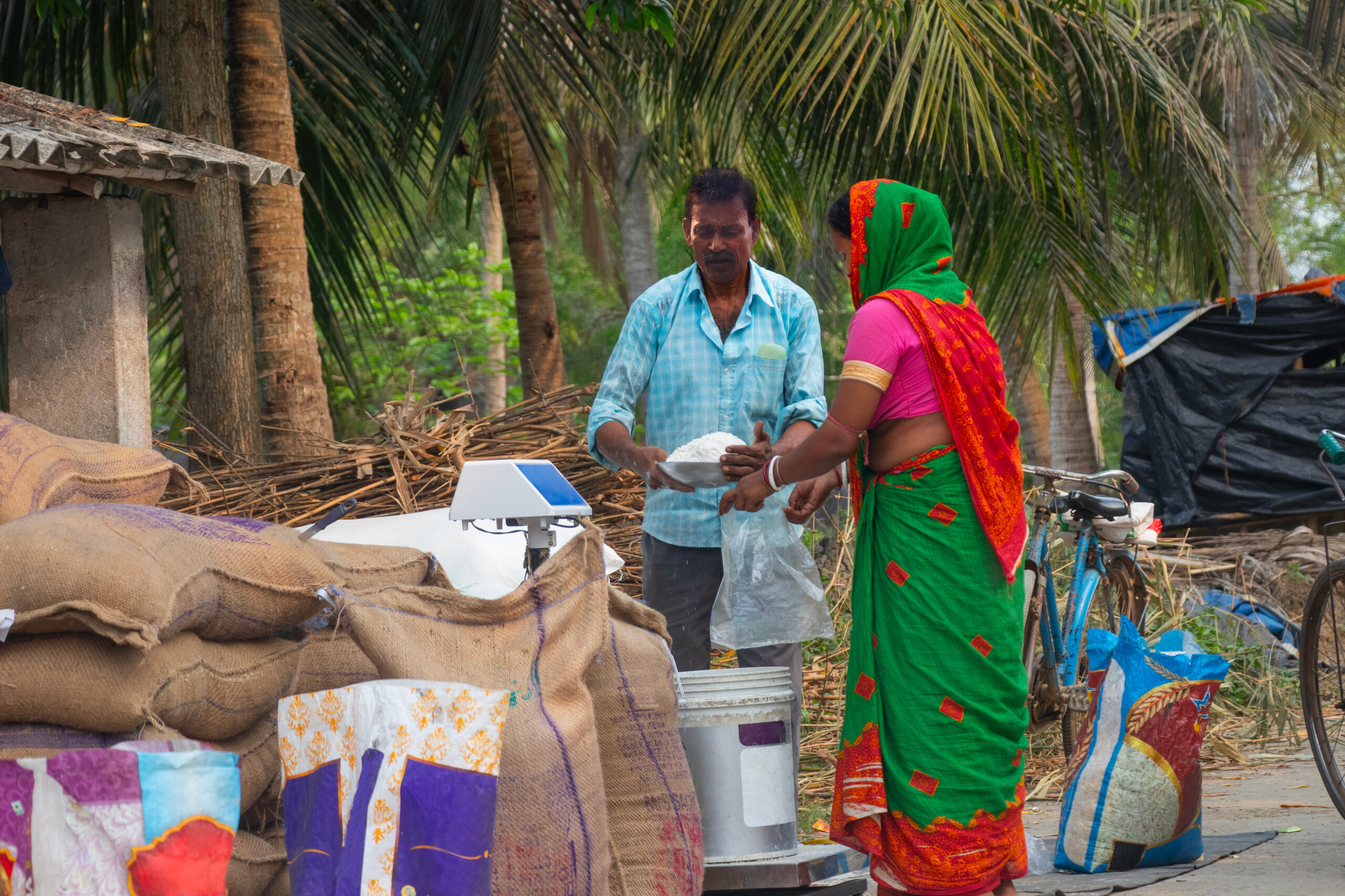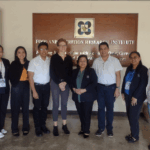In the wheat‑growing Indian states of Haryana, Maharashtra, and Rajasthan, daily breads such as chapati and roti are poised to deliver more than calories. For almost a decade, FFI has partnered with Indian states to make staple wheat flour more nutritious.
From April 2023 to December 2024, with support from The Rockefeller Foundation, FFI worked with state agencies to enrich whole-wheat flour with iron, folic acid, vitamin B12, and other micronutrients for low-income women and children served through the Public Distribution System (PDS), Pradhan Mantri Poshan Shakti Nirman (PM POSHAN), and the Integrated Child Development Services (ICDS).
Between December 2023 and April 2024, three multi-stakeholder workshops led by FFI in Rajasthan and Maharashtra brought together over 70 government officials, millers, and development partners to review quality-control procedures, monitoring systems, and consumer acceptability, providing a common blueprint for scaling up fortification.
In Haryana, where the distribution of fortified wheat flour through PDS had stalled, FFI began to address beneficiary concerns by listening. A perception survey conducted across five districts revealed that most households preferred high-quality fortified wheat flour over raw grain, provided millers could guarantee the correct granulation and freshness. Those insights shaped a January 2025 proposal co‑written by FFI with the Haryana Food and Civil Supplies Department to restart distribution across fifteen districts. FFI partner, the Postgraduate Institute of Medical Education and Research (PGIMER) in Chandigarh, also submitted a proposal for a biomarker study to assess the impact of fortified wheat flour distributed through ICDS in the state.

Photo: A woman purchases subsidized whole wheat grains through the Public Distribution System in Haryana, India. With FFI’s technical assistance, the Indian states of Haryana, Maharashtra, and Rajasthan are seeking to provide already milled, fortified wheat flour at the same cost as un-milled grains to beneficiaries of state social protection programs. (Haryana Food, Civil Supplies and Consumer Affairs Department)
Election timetables, budget squeezes, and staff turnover have slowed approvals to shift procurement from grain to wheat flour, yet pauses became openings. ICDS in Rajasthan named FFI a formal technical partner, FFI is working with Maharashtra to formalize a partnership, and PM POSHAN officers in both states joined fortification planning conversations.
Over the 18-month grant, FFI mapped wheat supply chains, analyzed the feasibility of fortification, shared findings with millers, distributors, and officials, designed monitoring frameworks, and submitted five roadmaps to state social-protection agencies.
With evidence assembled, relationships secured, and advocacy poised to amplify demand, India can now move from pilot to procurement: safely, cost-effectively, and at scale, reaching millions of daily meals in the coming years and offering a replicable model for other grain-growing states.
Header Image: A woman collecting ration from the ration distributor



